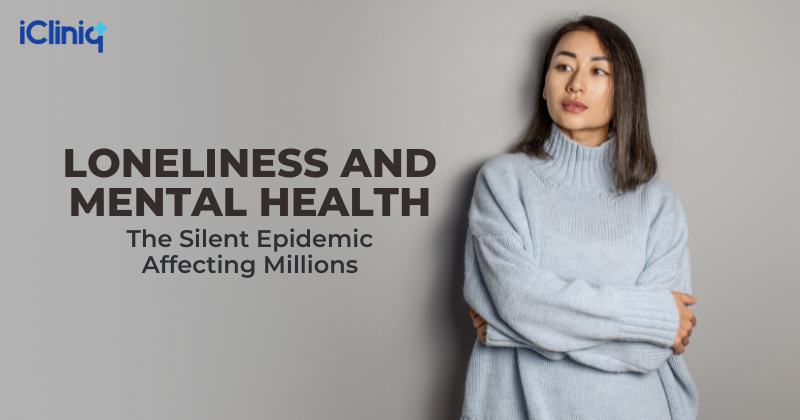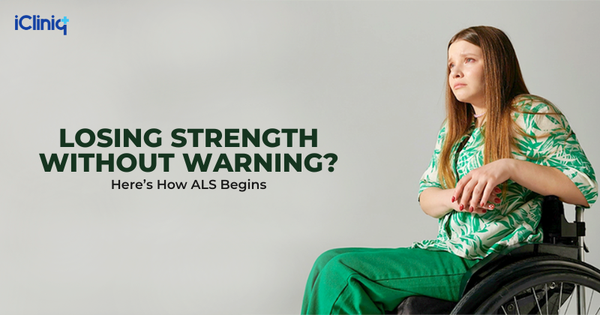Loneliness and Mental Health: The Silent Epidemic Affecting Millions

Have you ever been lonely even in a crowded room? That eerie hollowness is something millions quietly endure day after day. Loneliness has become so prevalent that medical professionals now refer to it as a "silent epidemic." It doesn't just affect feelings; it leaves permanent scars on both mind and body.
What Loneliness Really Means
Loneliness is different from solitude. Solitude might be serene, a decision to recover. Loneliness, on the other hand, is the pain that arises from social isolation, feeling misunderstood, or unsupported. Though seemingly invisible, loneliness has the potential to affect mental health in ways that are profoundly damaging.
The Emotional Impact of Loneliness
Being lonely for a long time can trigger or exacerbate mental illness. Individuals who are lonely frequently complain of:
- Depression: Persistent unhappiness and loss of motivation.
- Anxiety: Fear of rejection or difficulty with social interactions.
- Low Self-Esteem: Feeling unlovable or unworthy.
- Hopelessness: Feeling things will never get better.
The Ripple Effect on Mental Health
Loneliness can be deeply impactful on mental health and can impair mental health for a variety of reasons. Evidence suggests that loneliness can increase stress, alter sleep, and even alter brain function. Over time, loneliness diminishes a person's ability to navigate normal stress, sadness, or anxiety. The effects are so prevalent that some suggest the overall effect on one's health is on par with the risks of obesity or smoking.
Why Awareness Matters
The first step to combat loneliness is acknowledging that you feel it. Too many people are reluctant to discuss it because they are embarrassed, thinking it signifies weakness. But recognizing loneliness takes the first step toward finding help, through friendships, community organizations, therapy, or even calling on loved ones.
Breaking the Silence
If you or someone in your life is experiencing loneliness, keep in mind:
- Connection doesn't have to be grand; small, intimate conversations count.
- Taking up hobbies, volunteering, or group activities can create a sense of belonging.
- Mental health support is not a final resort; it's a safety net.
Loneliness isn't a personal problem; it's one for society as a whole. By identifying it as a public health issue, communities can work to create places where individuals feel observed and appreciated.




